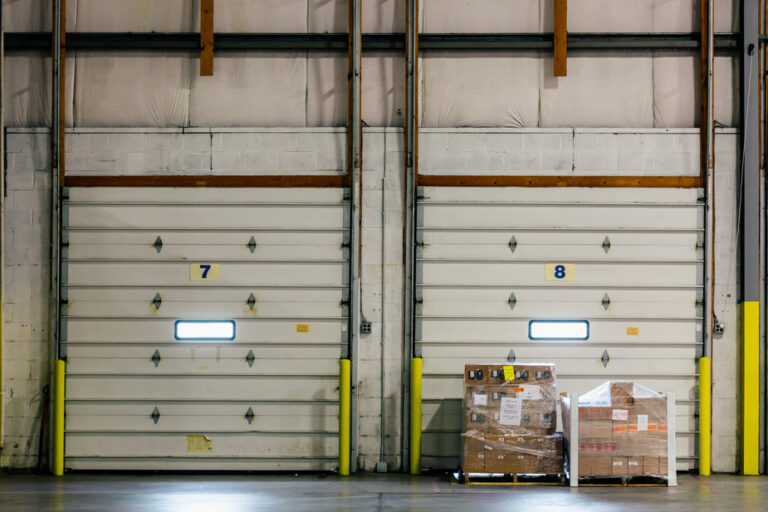In a world where every dollar spent can be a vote for change, social entrepreneurs are emerging as Australia’s most exciting business innovators. These purpose-driven leaders are proving that you don’t have to choose between making money and making a difference. As the Australian government sharpens its focus on sustainable development and social equity in 2025, the impact of social entrepreneurship is more relevant—and more vital—than ever.
What is a Social Entrepreneur?
At its core, a social entrepreneur is someone who builds a business to solve social, environmental, or cultural challenges. Unlike traditional entrepreneurs, their primary goal isn’t just profit—it’s impact. This might mean launching a startup that tackles youth unemployment, creating a fintech platform to improve financial inclusion, or building a social enterprise that reduces waste and carbon emissions.
Key characteristics of social entrepreneurs include:
- Purpose before profit: Financial sustainability is critical, but the mission always comes first.
- Innovative approaches: They often find creative, scalable solutions to stubborn social problems.
- Community engagement: Social entrepreneurs usually work closely with the people they aim to help, building local partnerships and trust.
Australia’s Social Enterprise Ecosystem in 2025
Australia’s social entrepreneurship scene is thriving. According to Social Enterprise Australia, there are now over 22,000 social enterprises nationwide, contributing more than $21 billion to the economy and employing hundreds of thousands of people from marginalised backgrounds. The sector continues to benefit from strong public interest, corporate partnerships, and evolving government support.
Key 2025 policy updates impacting social entrepreneurs include:
- Expanded Social Enterprise Growth Grants: The federal government has increased funding pools for early-stage social ventures, prioritising those addressing Indigenous disadvantage, youth unemployment, and environmental sustainability.
- Impact Investment Tax Incentives: From July 2025, investors in certified social enterprises are eligible for enhanced tax deductions, designed to unlock more private capital for impact-led businesses.
- Mandatory Social Procurement Targets: All federal infrastructure projects now require a minimum 5% spend with verified social enterprises, a move expected to drive $1.5 billion in new business for the sector over the next three years.
These changes, combined with the rise of ethical consumerism and Gen Z’s expectations for corporate responsibility, are fueling a new wave of innovation and opportunity in the sector.
Real-World Examples: Social Entrepreneurship in Action
Social entrepreneurs are putting theory into practice across Australia. Some standout 2025 examples include:
- Good Cycles: Originally a bike repair social enterprise, Good Cycles now provides sustainable job pathways for young people facing barriers to employment, working in partnership with local councils and private employers.
- Bank of Goodwill: This Melbourne-based fintech startup offers micro-loans to migrants and refugees, using a peer-to-peer model that’s helped over 4,000 Australians build credit and start new businesses.
- Green Collect: A circular economy enterprise focused on office waste, Green Collect diverts thousands of tonnes of e-waste and stationary from landfill each year while employing people experiencing homelessness.
Each of these organisations demonstrates how social entrepreneurs are reimagining business to be more inclusive, sustainable, and impactful.
How to Start Your Social Enterprise in 2025
If you’re inspired to join the movement, Australia offers a robust ecosystem for aspiring social entrepreneurs. Here’s how to get started:
- Validate your idea: Test your concept with the community you aim to serve. Use pilot programs and feedback loops to refine your solution.
- Register as a social enterprise: Consider legal structures like a not-for-profit, B Corp, or public benevolent institution, depending on your goals.
- Access funding and support: Look for grants, impact investors, and accelerators such as Social Traders, Impact Boom, and the StartSomeGood crowdfunding platform.
- Measure your impact: Use frameworks like the Social Return on Investment (SROI) or the UN Sustainable Development Goals (SDGs) to track and communicate your outcomes.
The Future: Profit and Purpose as the New Normal
Social entrepreneurship is no longer a fringe movement—it’s fast becoming the standard for businesses that want to thrive in a values-driven market. With supportive government policy, growing access to capital, and an engaged consumer base, the path has never been clearer for Australians looking to make a difference and a living at the same time. Whether you’re considering launching your own social enterprise or supporting one as a customer or investor, 2025 is the year to get involved.
